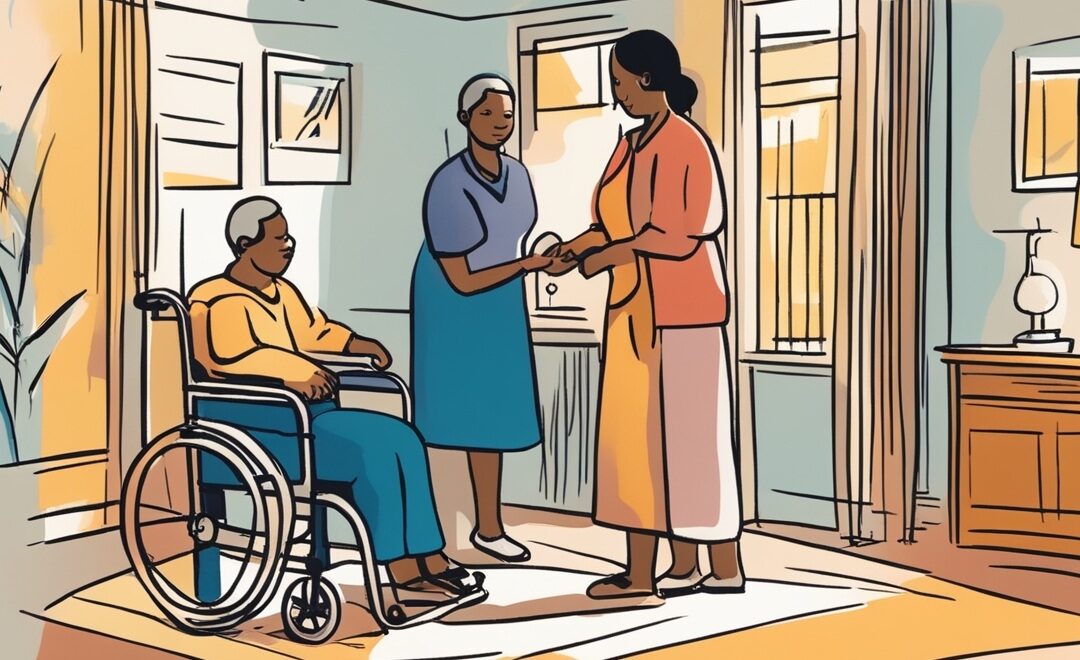For individuals with disabilities, maintaining independence can be a daily challenge. Tasks that many take for granted, such as getting dressed, preparing meals, or even moving around the house, can require assistance. This is where Personal Care Attendants (PCAs) come into play, providing essential support that enables individuals with disabilities to lead more independent and fulfilling lives.
What is a Personal Care Attendant?
A Personal Care Attendant, or PCA, is a trained professional who assists individuals with disabilities in performing daily tasks that they may struggle with on their own. These tasks can range from personal hygiene and mobility assistance to household chores and meal preparation. The role of a PCA is to support the individual in living as independently as possible while ensuring their safety and well-being.
How PCAs Empower Independence
1. Personalized Support:
PCAs work closely with individuals to understand their unique needs and preferences. This personalized approach ensures that the care provided aligns with the individual’s lifestyle, enabling them to maintain control over their daily routines. Whether it’s helping with morning routines or assisting with recreational activities, PCAs adapt their support to fit the person they are caring for.
2. Promoting Self-Reliance:
While PCAs provide crucial assistance, they also encourage and support individuals in doing as much as they can on their own. This focus on fostering self-reliance helps individuals build confidence and maintain a sense of autonomy in their lives. For example, a PCA might assist with meal preparation by guiding the individual through the steps rather than doing everything for them, allowing them to participate actively in their own care.
3. Enhancing Quality of Life:
With the help of PCAs, individuals with disabilities can participate more fully in their communities. PCAs often accompany individuals to social events, medical appointments, and recreational activities, helping them stay engaged with the world around them. This not only enhances their quality of life but also reduces the sense of isolation that can sometimes accompany disability.
4. Providing Consistency and Stability:
For many individuals with disabilities, consistency in care is vital. PCAs often develop long-term relationships with the people they support, providing a stable and reliable source of care. This consistency is especially important for individuals with cognitive or developmental disabilities, as it helps build trust and ensures that the care provided is always aligned with their evolving needs.
The Future of Personal Care Services
As the demand for in-home care services continues to grow, the role of PCAs will become even more critical. Organizations like Helping Restore Ability are committed to training and providing skilled PCAs who are not only caregivers but also advocates for the independence and dignity of those they serve.
At Helping Restore Ability, we understand the importance of matching individuals with the right PCA, ensuring that the support provided is both effective and empowering. Our goal is to help individuals with disabilities lead lives that are as independent and fulfilling as possible, and our dedicated team of PCAs is at the heart of making that happen.
Conclusion
Personal Care Attendants are more than just caregivers; they are enablers of independence and champions of dignity. By providing personalized, consistent, and empowering support, PCAs play a vital role in enhancing the quality of life for individuals with disabilities. At Helping Restore Ability, we are proud to offer PCA services that help individuals live life on their terms, with the support they need to thrive.

